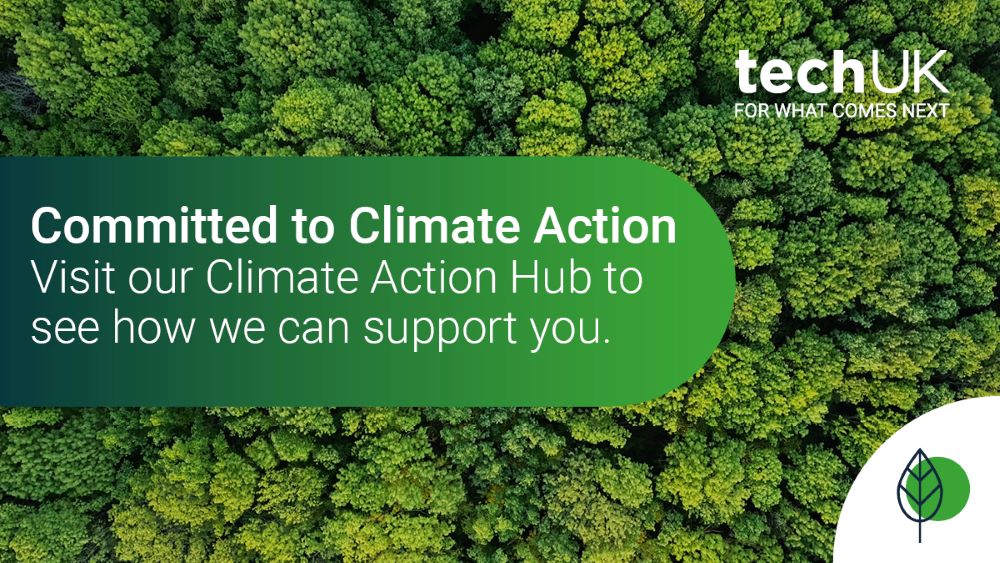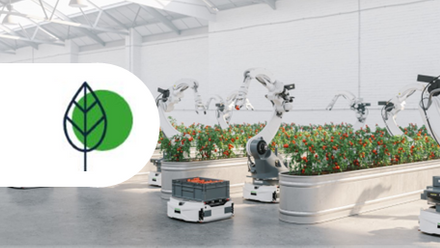Digital needs to be central to government net zero plans
The government is shortly to publish a new Net Zero Delivery Plan and Carbon Budget in order to satisfy a legal obligation that current net zero plans don’t go far enough. It needs to be bold, authoritative and with targets, timelines, accountability and governance clearly defined to get business and stakeholder confidence, and to avoid potential litigation down the line.
This is an exciting opportunity to reset, provide regulatory and market stability and is a great way to position digital solutions front and centre in the delivery mode for net zerol. Even as digitalisation means tech-related emissions will increase as we transition to a digital-first economy, tech has a significant role to play in enabling cross-sector decarbonisation. The World Economic Forum estimates 20% of global emissions can be reduced through the deployment of digital technologies in heavy emitting sectors (things like transport, power grids, manufacturing and buildings).
This is a huge opportunity that will only grow as AI solutions scale and tech is used more and more to help organisations understand and identify emissions, and provide scientists with the best tools to monitor the impacts of a changing climate.
However to date there has not been any real recognition of this in official government or Committee on Climate Change reports, so there is a real possibility that the role of digital tech will be ignored which at least risks increasing the price of the transition to consumers and businesses. Using digital innovations can be cheaper to deliver and more impactful than higher profile (and heavily subsidised) tools like CCUS and hydrogen so digital and AI needs to be front and centre of government thinking. Not building in this means it will be harder to reach net zero, and harder to realise the economic benefits of a tech-led net zero transition. Furthermore digital adoption generally is proven to deliver productivity gains and genuine UK-wide jobs and growth, which is central to the government’s missions.
We hope government hears this and techUK looks forward to working with the Net Zero Council and DESNZ to support the implementation of the Plan.
techUK - Committed to Climate Action
Visit our Climate Action Hub to learn more or to register for regular updates.
By 2030, digital technology can cut global emissions by 15%. Cloud computing, 5G, AI and IoT have the potential to support dramatic reductions in carbon emissions in sectors such as transport, agriculture, and manufacturing. techUK is working to foster the right policy framework and leadership so we can all play our part. For more information on how techUK can support you, please visit our Climate Action Hub and click ‘contact us’.
Latest Report
Upcoming climate events
Latest news and insights
Get our climate insights straight to your inbox
Climate, Environment and Sustainability updates
Sign-up to get the latest updates and opportunities from our Climate, Environment and Sustainability programme.
Learn more about our Climate campaign

Become a member

Craig Melson
Craig is Associate Director for Climate, Environment and Sustainability and leads on our work in these areas ranging from climate change, ESG disclosures and due diligence, through to circular economy, business and human rights, conflict minerals and post-Brexit regulation.

Josh Turpin
Josh joined techUK as a Programme Manager for Telecoms and Net Zero in August 2024.

Lucas Banach
Lucas Banach is Programme Assistant at techUK, he works on a range of programmes including Data Centres; Climate, Environment & Sustainability; Market Access and Smart Infrastructure and Systems.








